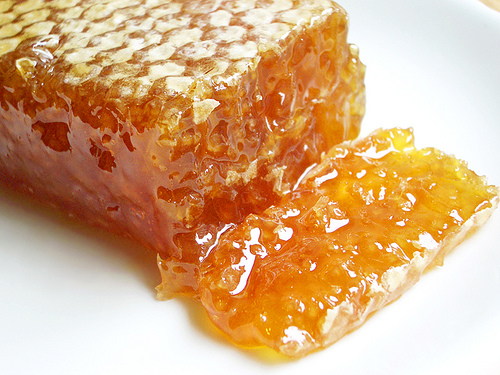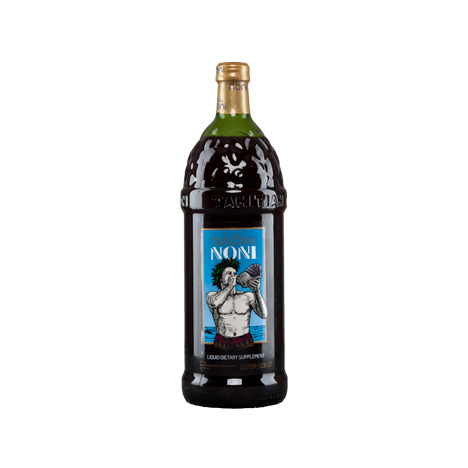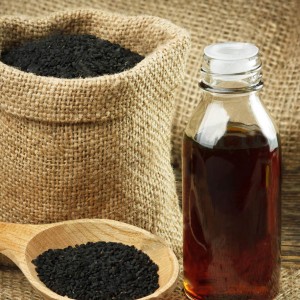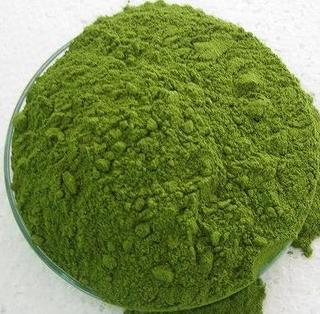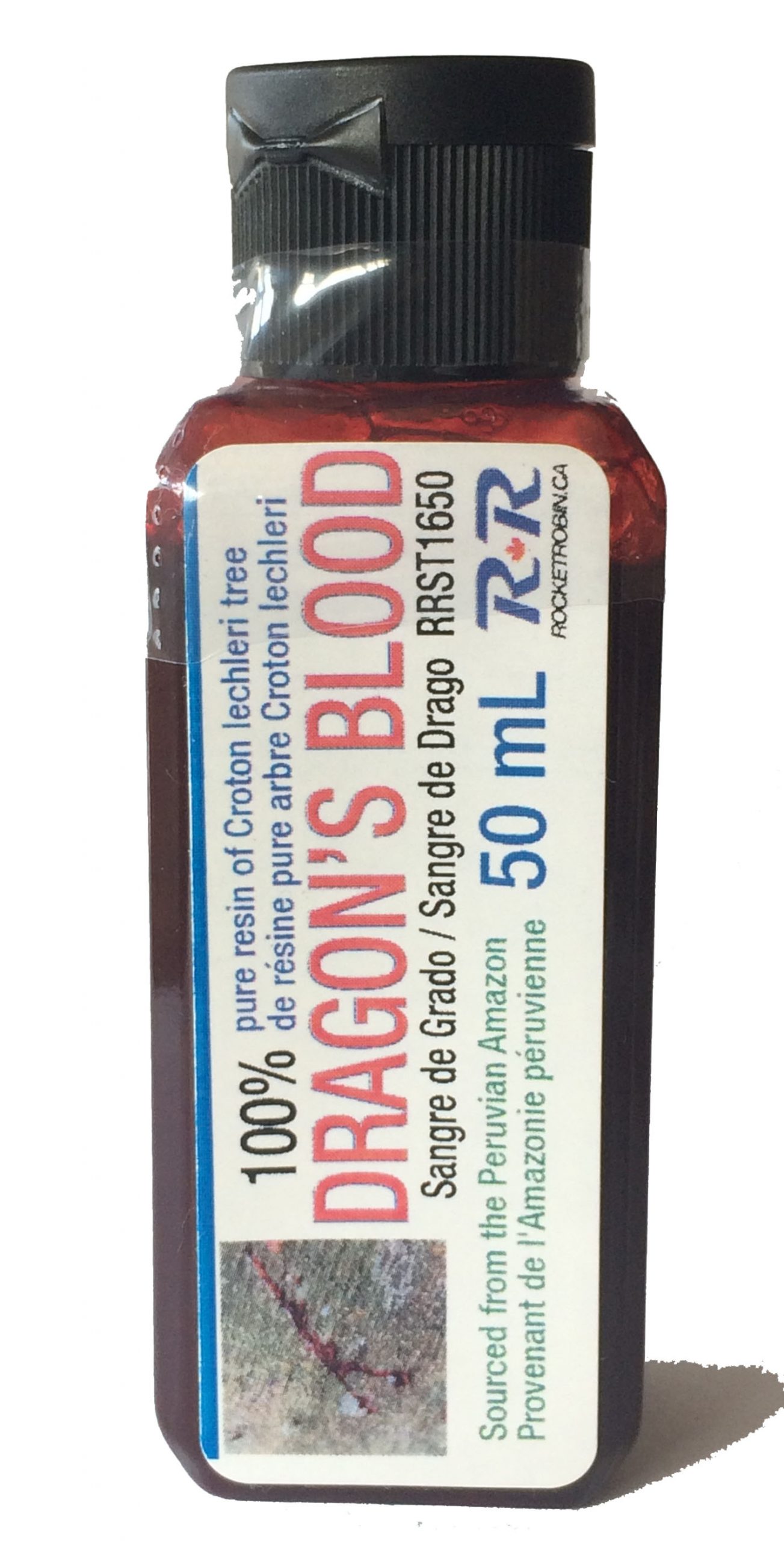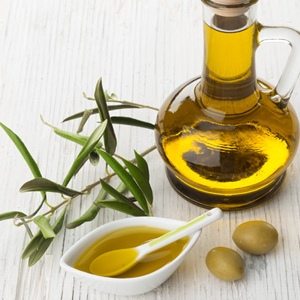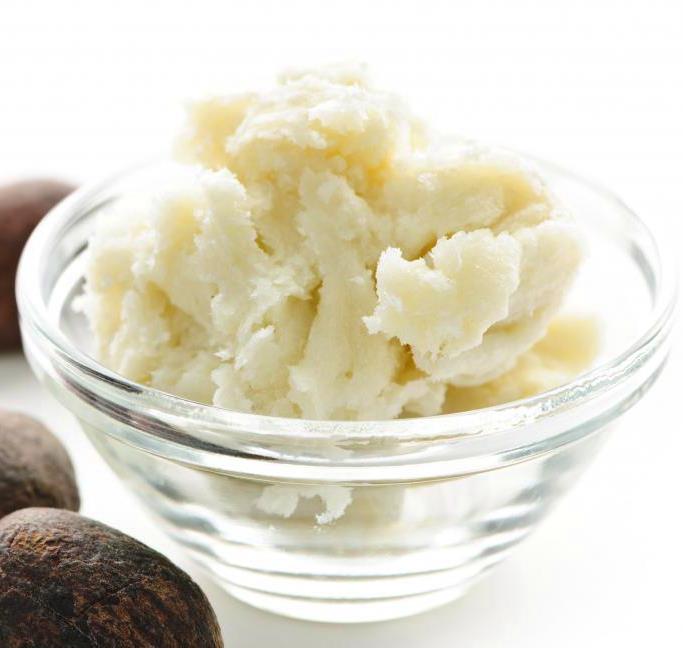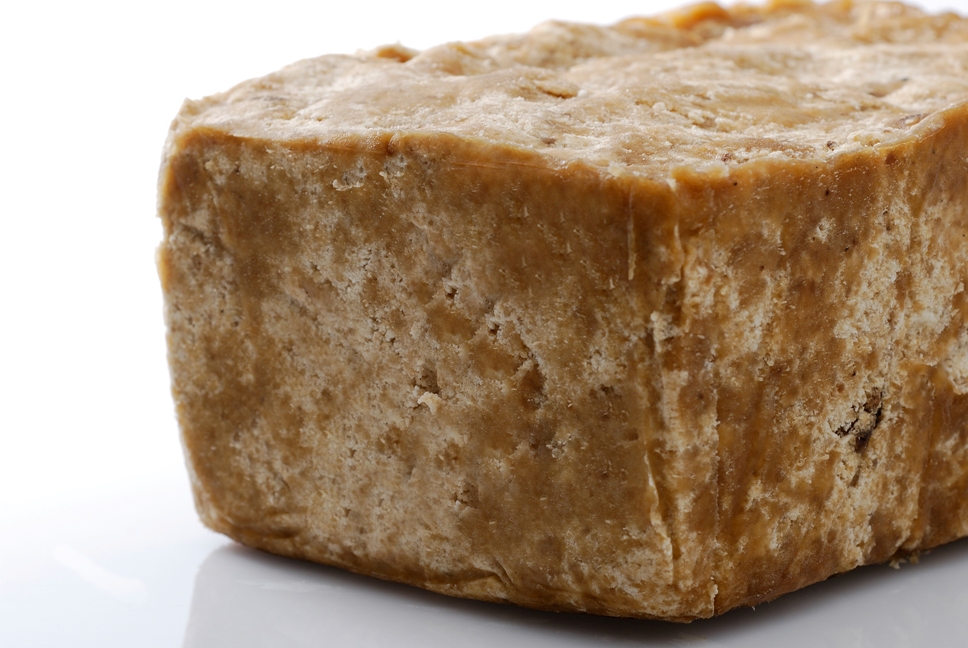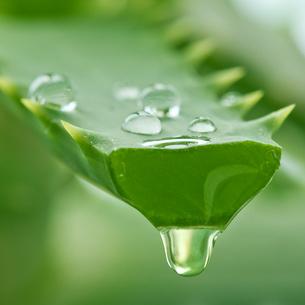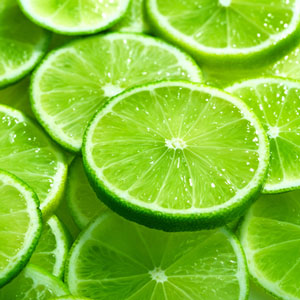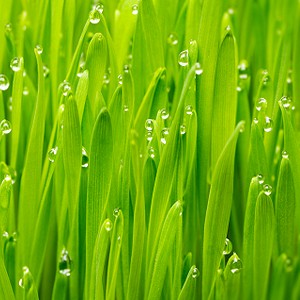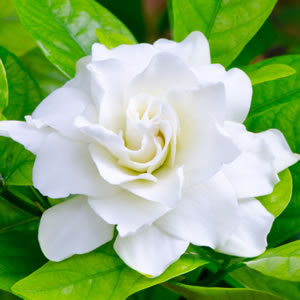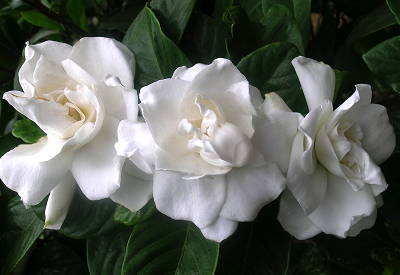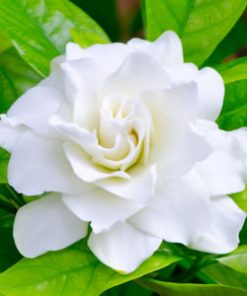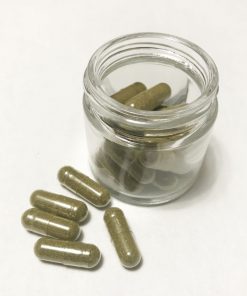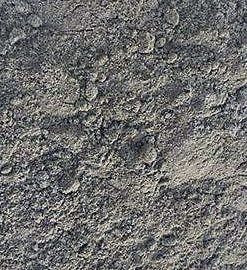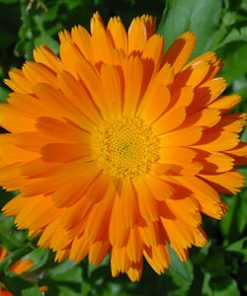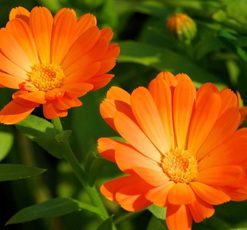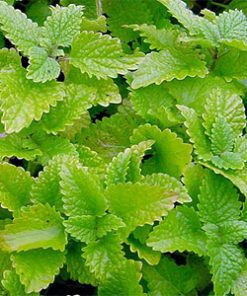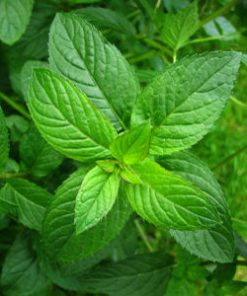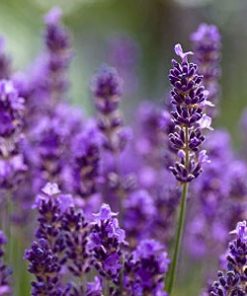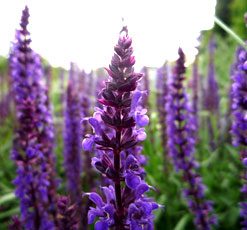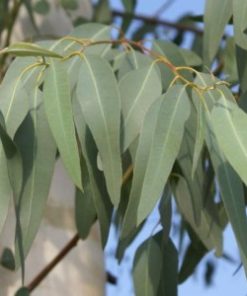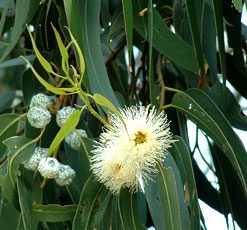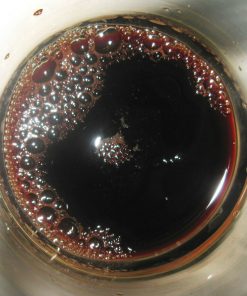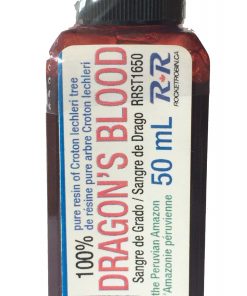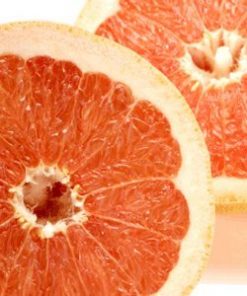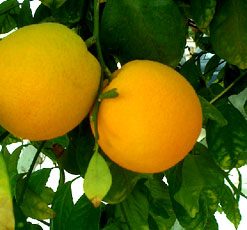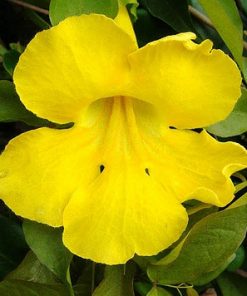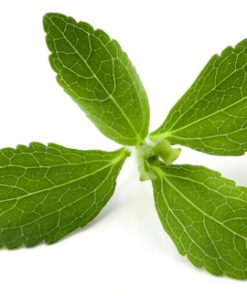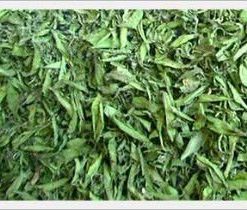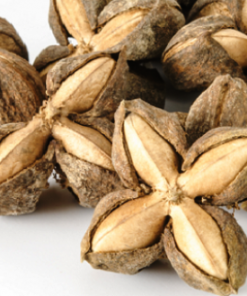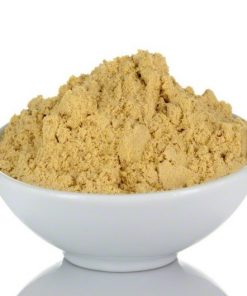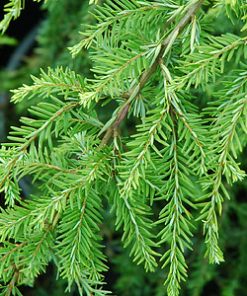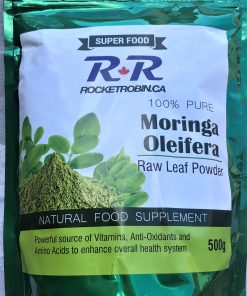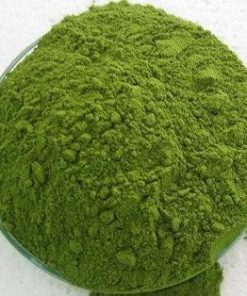Description
Essential Oil Gardenia (15 mL)
Essential Oil Gardenia
Aroma: Exotic, Sweet, Floral, Rich, Warm, Heavenly
Traditional Use: helpful in the treatment of pain, nose bleeds, fever, and influenza; in healing wounds and reducing swelling
Properties: Antidepressant, calmative, and aphrodisiac. It also has analgesic and detoxing properties. Used as perfume oil as it is so fragrant..
How to Use: Inhalation, Diffusion, Topically.
Blends well with: cinnamon leaf, clove bud, jasmine, neroli, rose otto, tuberose,citrus oils, and ylang ylang.
Safety: Avoid while pregnant. Not intended for internal use.
HISTORY OF USE
Gardenia is a beautiful decorative shrub with fragrant white flowers. It was named after American botanist Dr Alexander Garden. It grows in the Far East, in India and China.
Gardenia jasminoides was first introduced to the Western world from Cape Colony in Africa, and its name comes from the fact that the aroma of its large white flowers was said to be very like the scent of jasmine. However, It has been in cultivation in China for at least a thousand years, and was introduced to English gardens in the mid 18th century and was first propagated in England in August 1757 by a James Gordon of Mile End. It was first grown in the United States in 1762, in the Charleston garden of Alexander Garden.
The fruit is used as a yellow dye, which is used for clothes and food.
Polynesian people in the pacific islands use these fragrant blooms in their flower necklaces, which are called Ei in the Cook Islands, Hei in French Polynesia and Lei in Hawaii.
Traditional uses
Gardenia jasminoides fructus (fruit) is used within Traditional Chinese Medicine to “drain fire” and thereby treat certain febrile conditions.
HEALTH BENEFITS
Gardenia is considered to be very effective as a hemostatic agent, which means that it stops bleeding; and also effective in treating injuries to the muscles, joints, and tendons. Gardenia is commonly used in Chinese herbal formulas to treat infections, particularly bladder infections; abscesses; jaundice; and blood in the urine, sputum, or stool. Because of its perceived ability to ease agitation or irritability, gardenia absolute is also used in formulas to treat anxiety or insomnia. It is also helpful in correcting menopausal imbalances.
Uses of Gardenia Essential Oil
- Candles are a popular use for Gardenia Essential Oil for its wonderful fragrance. The strong aroma is present whether the candle is lit or not. Add a few drops on your less scented candles for an added aroma.
- Potpourri is another wonderful use for Gardenia Essential Oil. The dried flowers, pine cones, and other dry components absorb the flowery scent of the Gardenia. You can keep refreshing your potpourri with a few drops as needed.
- For that relaxing bath and shower Gardenia Essential Oil added to our soap makes your bath so much more enjoyable.
- Gardenia Essential Oil can be added to perfumes for a strong flowery aroma.
- The best ways to utilize your Gardenia Essential Oil iclude:
- Inhalation – Gardenia Essential Oil can be inhaled from hot compress, hot water (steam), or diffuser. The recommended dose is ten drops for respiratory, headaches, and sinus afflictions.
- Baths – regarding baths and essential oils, it is best to mix them with salts or an emulsifier to aid in the dispersing of the oil. Usually five to ten drops of Gardenia Essential Oil mixed with ½ to one cup of salt or emulsifier. These baths are great for skin problems, respiratory symptoms, circulatory issues, nervous tension, stress, insomnia, muscular pain, and menstrual pain as well.
- Compress – Take a soft cloth and soak it in this solution of ten drops of Gardenia Essential Oil and four ounces of hot water. Apple the compress to the affected area for a few minutes, then soak the cloth and apply again. The compress swill help muscle aches, bruises, wounds, skin problems, and dysmenorrhea.
- Facial Steam – Get a towel and heat water in a pot. Add five drops of Gardenia Essential Oil into the hot water. Place the towel over your head and let the steam hit your face and inhale. This method is especially productive for opening headaches, sinuses and facial skin health.
- Massage – For a stress relieving healthy massage, add a few drops of Gardenia Essential Oil to a moisturizing lotion. If the lotion tends to be too cold try rubbing your hands together to generate heat prior to putting the lotion in your hands for the massage.
- Direct Palm Inhalation –Take one to two drops of Gardenia Essential Oil in your palm and rub gently together, then inhale deeply. This is a quick and easy method when needed.
Gardenia as sedative and anti-seizure: Gardenia shows some interesting qualities and medical potential. A 2008 study from the Department of Pharmacology at Yan’an University, China, showed that Gardenia oil produced sedative, hypnotic and antiseizure effects in mice, and that these effects were increased by combining the oil with jujube (Zizyphus zizyphus) seed oil.
Gardenia as anti-inflammatory: Koo, Lim, Jung, and Park (2006) had investigated the anti-inflammatory activities of geniposide and genipin, the two main constituents of gardenia with promising anti-inflammatory action in carrageenan-induced rat paw edema. The two were identified and obtained from the ethanolic extract of gardenia (Gardenia jasminoides) fruits. Gardenia jasminoides is an evergreen flowering species recognized in Chinese medicine as a treatment for hepatic and inflammatory diseases. In this study, the ethanolic extract of gardenia fruits dose-dependently inhibited acetic acid–induced vascular permeability. Both geniposide and genipin inhibited, on the other hand, the production of exudate and nitric oxide in the rat air pouch edema model, although it was concretely established that genipin has stronger anti-inflammatory activity than geniposide. Because of the two’s outstanding anti-inflammatory effect, geniposide and genipin may be considered as potential candidates in the treatment of several diseases related to causes of inflammation, such as jaundice, headache, edema, fever, and hepatic disorders.
Gardenia vs. Interstitial Cystitis: Gardenia, along with herbs Cornus, Curculigo, rhubarb, Psoralea, and Rehmannia, in tea given twice a day for 6 days a week for 3 months and then once a day was explored in a pilot study. Of the 25 patients with interstitial cystitis who completed the study, 82% had reported a significant decrease in bladder and pelvic pain after three months, and 80% had decreased frequency. Such an herbal tea can be used to treat interstitial cystitis in patients who are referred for herbal therapy as a treatment alternative.
Gardenia as antibacterial: Gardenia essential oil possesses promising bactericidal activity, especially against Campylobacter jejuni and Listeria monocytogenes. The bactericidal activity (BA50) values of gardenia essential oil against C. jejuni and L. monocytogenes were reported to be ranging from 0.003 to 0.009 and from 0.057 to 0.092, respectively.
Gardenia as antioxidant: A number of research studies focus their investigations on antioxidants, chemicals that can inhibit the formation of, or at least neutralize, reactive molecules such as reactive oxygen species (ROS) and reactive nitrogen species (RNS). An excess or overaccumulation of such reactive molecules results in oxidative stress and, by extension, several diseases associated with it. In connection with this, the study of Kalim, Bhattacharyya, Banerjee, and Chattopadhyay (2010) evidenced the antioxidant activity of Gardenia gummifera, one of the plants routinely employed in the Unani system of medicine. [14] Free radical scavenging is a defensive mechanism wherein a vitamin, mineral, or enzyme eliminates the free radicals in the body before they can cause significant cell damage.
A variety of free radical scavengers have been identified and screened in gardenia fruit extracts. Of these free radical scavengers in gardenia fruit extract, caffeoylquinic acids, dicaffeoylquinic acids, and 4-sinapoyl-5-caffeoylquinic acid were recognized as dominant, with 3,5-dicaffeoylquinic acid being the most potent antioxidant with a Trolox equivalent antioxidant capacity (TEAC) value of 1.1 mM. Furthermore, geniposide from the fruits of G. jasminoides has also been shown to enhance the glutathione content in rat livers and to inhibit P450 3A monooxygenase. Glutathione is an important immune system peptide and antioxidant that aids in determining the modulation of immune response, including cytokine production. It helps prevent the damage induced by ROS such as free radicals and peroxides to cellular components.
Caution: NEVER USE INTERNALLY without consulting professional medical help
- Not recommended for pregnant women and infants.
Individuals with serious and chronic health issues should consult an expert prior to using oils.
TRUST ROCKET ROBIN
Rocket Robin is proud to be your supplier of truly natural products with simple ingredients in support of your family’s health and well-being.
Additional information
| Weight | 0.1 kg |
|---|---|
| Dimensions | 10 × 10 × 1 cm |

